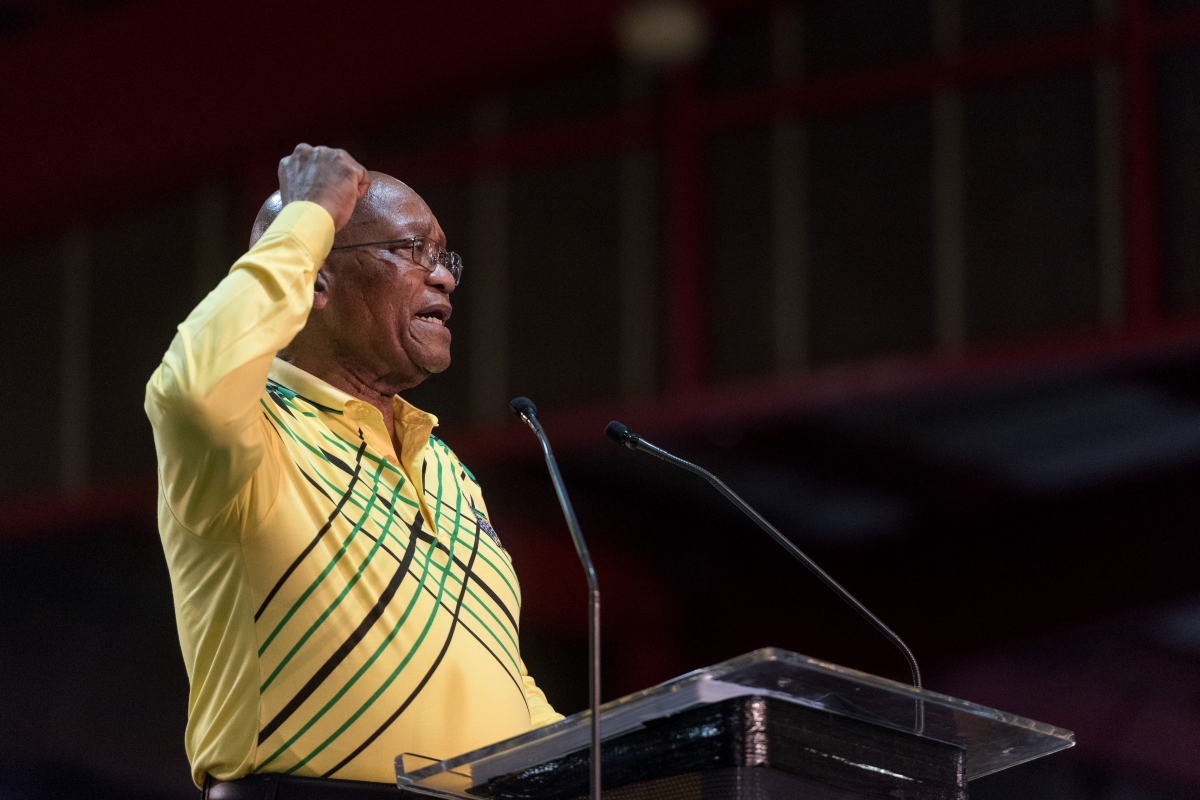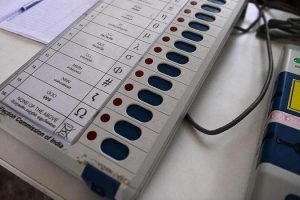In the end former South African President Jacob Zuma, 79, decided to go quietly as he turned himself over to the police early Thursday to begin 15 months in jail for contempt of court.
Just minutes before the midnight deadline for police to arrest him, Zuma left his Nkandla home in a convoy of vehicles.
“President Zuma has decided to comply with the incarceration order. He is on his way to hand himself into a Correctional Services Facility in KZN (KwaZulu-Natal province),” said a tweet posted by the Zuma Foundation.
Soon after South Africa’s police confirmed that Zuma was in their custody.
Zuma’s imprisonment comes after a week of rising tensions over his sentence.
Zuma was ordered to prison for contempt for defying a court order to testify before a judicial commission investigating widespread allegations of corruption during his time as the country’s President, from 2009 to 2018.
The police was directed to arrest Zuma if he refused to voluntarily hand himself over to the police. Zuma’s lawyers asked the acting chief justice to issue directives stopping the police from arresting him, claiming there would be a “prejudice to his life.”
Hundreds of his supporters gathered at his home over the weekend and vowed to prevent his arrest, but they left on Sunday.
The judicial inquiry into corruption during his term as President has heard damning testimony from former Cabinet ministers and top executives of state-owned corporations that Zuma allowed his associates, members of the Gupta family, to influence his Cabinet appointments and lucrative contracts.
Zuma refused to comply with a court order to appear before the commission, which brought the Constitutional Court to convict him of contempt and sentence him to prison.
In a separate matter, Zuma is standing trial on charges of corruption related to a 1999 arms deal, where he allegedly received bribes from French arms manufacturer Thales.
His financial adviser has already been convicted and imprisoned in that case.
Zuma has had other legal woes. In 2005, he was charged with rape but was acquitted in 2006 after the court found the sexual intercourse was consensual.
Zuma bounced back from that to become president in 2009.
But by 2018 mounting evidence of rampant corruption in his administration brought his party, the ruling African National Congress, to force him from office.
He was jailed for 10 years by South Africa’s previous regime of harsh white minority rules during the anti-apartheid movement.
Zuma’s political reputation will be marred by the corruption scandals surrounding him, said Lesiba Teffo, lecturer in politics at the University of South Africa.
“It is very disappointing to see a man who has done so much for the country, a liberation hero, now reduced to zero,” said Teffo.
“This is a man who fought hard for the liberation of this country, but like many African leaders in our continent, he fell at the altar of money.”












